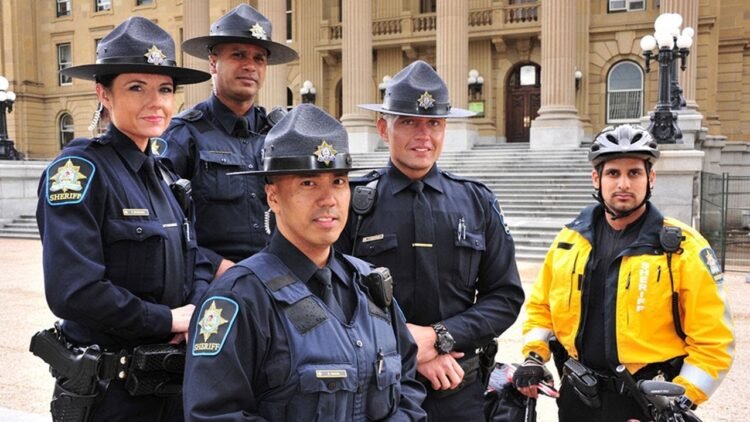OTTAWA — The union representing Canada’s front-line customs and immigration officers is raising alarms over staffing shortages at the Canada Border Services Agency (CBSA) as the country braces for U.S. President Donald Trump’s sweeping tariffs.
Trump’s executive order, which imposes a 25 percent tariff on all Canadian goods and a 10 percent levy on energy exports, is set to take effect Tuesday, despite Canada’s diplomatic efforts to prevent it.
Mark Weber, president of the Customs and Immigration Union, warns that the CBSA is operating with 2,000 fewer front-line officers than needed, leaving some border crossings critically short-staffed. He also highlighted the urgent need for an additional training centre, as the current facility can only train around 600 recruits annually—barely enough to offset attrition.
According to government data, CBSA staffing levels have fluctuated over the years. In 2021, the agency employed about 15,500 staff, including 8,100 front-line officers. Today, that number stands at approximately 17,226 employees, with 8,500 working directly at the border.
Conservative Leader Pierre Poilievre has called on the federal government to hire at least 2,000 additional border officers and expand CBSA’s authority beyond designated crossings. The union has also expressed concerns about budget cuts affecting border operations, citing a $48.5 million reduction in funding for 2024-25 due to a government spending review.
Weber hopes that renewed attention on border security will push the government to increase staffing. While the newly announced $1.3 billion border security plan is promising, it remains unclear how much of that funding will be allocated to hiring more officers.
Staffing shortages have already impacted the agency’s ability to conduct thorough inspections, Weber warned. “We’re increasingly relying on technology and self-declarations rather than face-to-face interactions with travelers,” he said. “We need to return to hands-on searches and questioning.”
The CBSA’s enforcement efforts remain significant, with 36,225 seizures recorded in the 2024-25 fiscal year so far. The agency reported 62,055 seizures in 2023-24 and 51,376 in 2022-23.
CBSA spokesperson Rebecca Purdy emphasized that border agents remain committed to stopping illegal drugs and weapons from entering Canada. However, Weber argues that increasing the number of officers would further strengthen security efforts.
“I’ve visited border crossings where just four officers are working, when five or six years ago there were a dozen,” he said. “With long lines of trucks and cars, how much searching can actually be done?”
He stressed that CBSA officers should never have to choose between conducting proper inspections and managing overwhelming workloads. “We need the resources to do both,” he said.

 English
English



























































